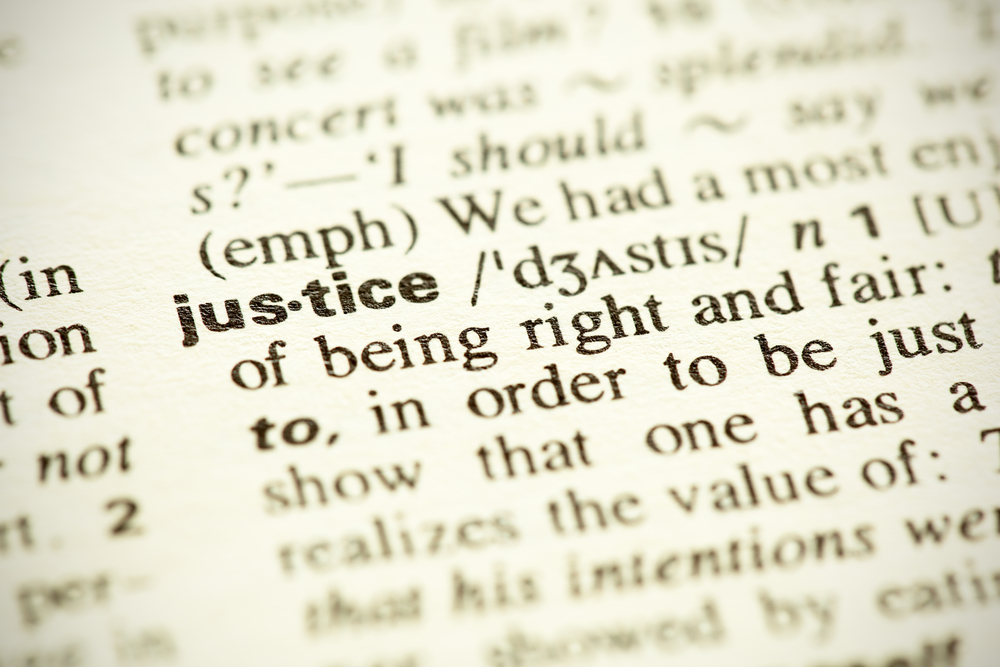Getting arrested or helping someone who has, throws you into a world full of unfamiliar terms, fast decisions, and a whole lot of pressure. At 1st Call Bail Bonds, our McKinney bondsmen believe you shouldn’t need a law degree just to understand what’s happening. That’s why we’ve broken down some of the most important legal terms you’ll hear during the arrest and bail process.
Whether you’re helping a loved one post bail or navigating your own charges, knowing this language gives you confidence and clarity when it matters most.
Bail vs. Bond
Bail is the amount of money the court sets to allow a defendant to leave jail before trial. It acts as a guarantee they’ll return for court.
Bond is how you pay the bail. If you can’t pay the full amount upfront, you can work with a bail bondsman like us at 1st Call to post a surety bond for a small percentage of the total bail.
Surety Bond
This is the official agreement between the bail bondsman, the defendant, and the court. It says the defendant will show up to court, and if they don’t, the bondsman is on the hook.
Co-Signer
The person who signs the bond agreement on the defendant’s behalf, agreeing to be financially responsible if the defendant skips court. Being a co-signer is a big commitment, and you should always know the risks before saying yes.
Bond Forfeiture
If the defendant misses court, the bond is forfeited. That means the full bail amount becomes due, and the co-signer could be responsible for it. This is why showing up to court is non-negotiable.
Arraignment
This is the first court appearance after an arrest. The judge reads the charges, and the defendant enters a plea (usually guilty, not guilty, or no contest).
Booking
The formal process of being arrested: fingerprinting, mugshots, and entering the charges into the system. This must be completed before bail can be posted.
Defendant
The person who has been arrested and is facing charges. If you’re posting bond, this is the person you’re responsible for.
Felony vs. Misdemeanor
Misdemeanors are less severe (think minor assault or shoplifting), usually with shorter jail time or probation.
Felonies are more serious (like armed robbery or drug trafficking) and carry heavier penalties, including years in prison.
Due Process
The legal steps and protections everyone is entitled to. This ensures that rights are respected throughout the arrest, court, and trial process.
Miranda Rights
These must be read when someone is arrested. They include the right to remain silent and the right to an attorney. If these aren’t read properly, it can affect how the case plays out.
Accessory / Accomplice
An accessory is someone who helps plan or hide a crime but isn’t present. An accomplice is someone who is actively involved in committing the crime.
Plea
How the defendant responds to the charges. Common pleas are:
- Guilty: Admitting to the crime.
- Not Guilty: Denying the charges.
- No Contest: Doesn’t admit guilt but won’t fight the charges either.
Public Defender
A court-appointed attorney for those who can’t afford a private lawyer. You can always ask if you qualify for one.
Flight Risk
A term used to describe someone who might skip court. The higher the flight risk, the higher the bail—or bail may be denied entirely.
Why This Legal Lingo Matters
Understanding this terminology isn’t just for lawyers or judges; it’s for you. This is especially true if you’re helping a loved one post bail, co-signing a bail bond, or dealing with charges in your own life.
The more you know, the more control you have over the process. And when your freedom (or someone else’s) is on the line, that matters.
Need Help Navigating Bail? 1st Call Bail Bonds Is Here 24/7
At 1st Call Bail Bonds in McKinney, we don’t just post bonds—we explain the process clearly, walk you through your rights, and help you make smart, informed decisions during a stressful time.
If you or a loved one is facing arrest and you’re overwhelmed by legal jargon, don’t go it alone. Call us now. We’re available 24/7 to answer your questions and help you move forward.


